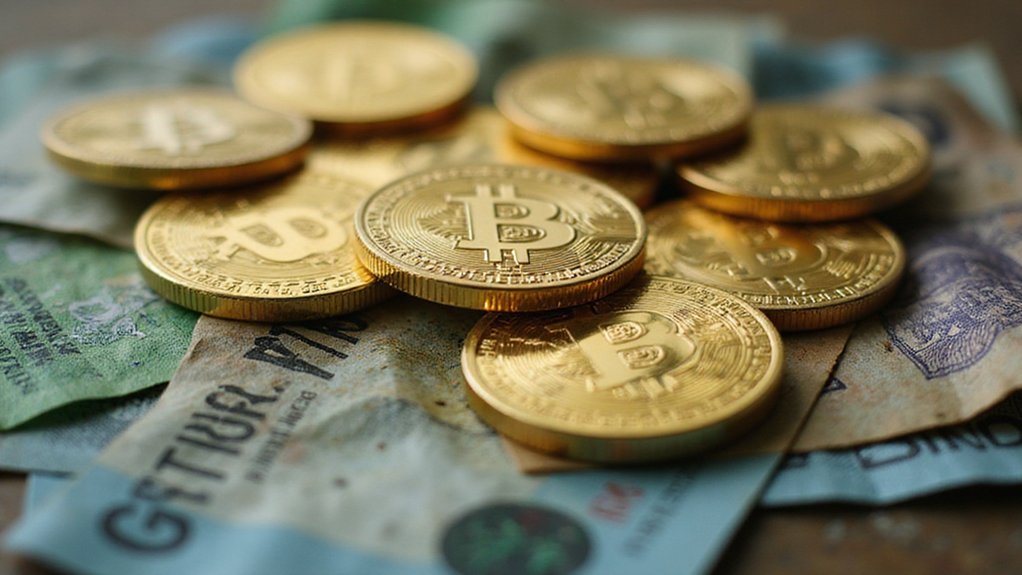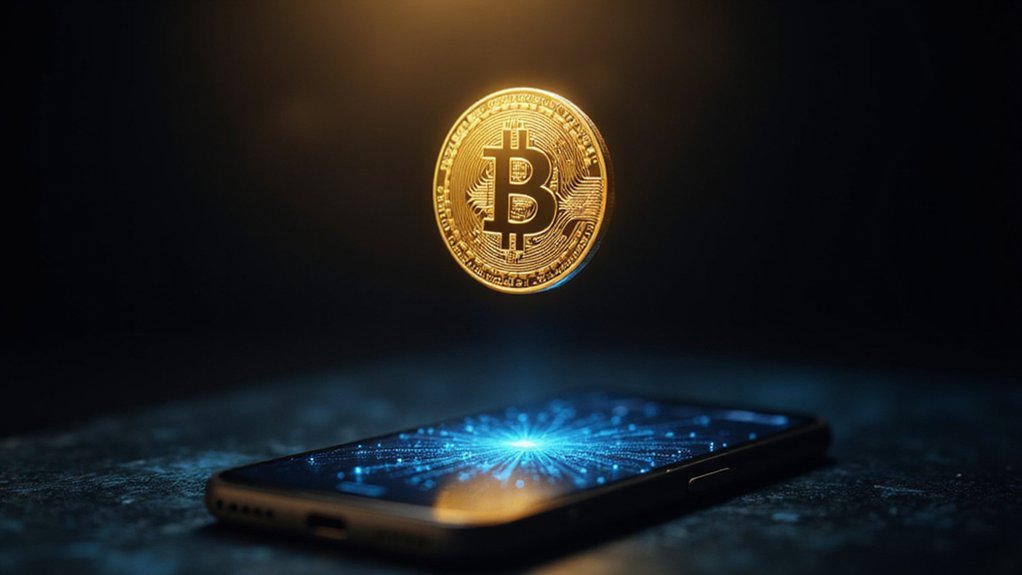Brazil stands poised to catapult itself into the vanguard of sovereign cryptocurrency adoption with a proposal that would dwarf every other nation’s Bitcoin holdings—a $17 billion gamble that transforms the country from crypto curiosity into the world’s largest government Bitcoin whale overnight.
The Chamber of Deputies will convene on August 20, 2025, for Brazil‘s inaugural public hearing on establishing a Strategic Bitcoin Reserve, debating Bill 4.501/2024 introduced by Deputy Eros Biondini. The legislation proposes allocating up to 5% of Brazil’s $341 billion foreign exchange reserves to Bitcoin—a figure that makes El Salvador’s pioneering adoption look like pocket change by comparison.
Proponents frame Bitcoin as “digital gold,” positioning the volatile cryptocurrency as a hedge against foreign exchange turbulence and geopolitical uncertainties. The argument follows familiar contours: diversify beyond traditional currencies, stimulate blockchain innovation across public and private sectors, and secure long-term economic prosperity through early adoption of emerging financial technologies.
Brazil’s $17 billion Bitcoin bet transforms volatile cryptocurrency into supposed sanctuary against traditional monetary chaos.
Deputy Luiz Philippe de Orleans e Bragança has championed the cause alongside Biondini, citing potential innovation benefits that could reshape Brazil’s technological landscape.
Yet Brazil’s Central Bank maintains considerable skepticism, questioning whether crypto assets belong in sovereign reserves given their notorious price volatility and regulatory ambiguities. Critics rightfully highlight the inherent contradiction of storing national wealth in an asset class that can shed 20% of its value on a Tuesday afternoon tweet (or whatever passes for market-moving social media these days). The volatile nature of cryptocurrency markets creates additional risks, including the potential for impermanent loss when asset values fluctuate dramatically against traditional reserve currencies.
The proposal emerges within broader global experimentation with sovereign Bitcoin reserves, though most nations have approached such initiatives with considerably more caution. While countries including the United States, Kazakhstan, India, and Sweden explore various degrees of crypto integration, Brazil’s potential $17 billion commitment would eclipse existing holdings by the UK, China, and Bhutan combined. This ambitious move would build upon Brazil’s already sophisticated crypto infrastructure, which includes spot cryptocurrency ETFs and various investment products that have positioned the country as having one of the most advanced crypto landscapes in the Americas.
The August hearing promises to attract experts, government officials, fintech representatives, banking sector participants, and crypto advocates—a convergence that will likely produce more heat than light.
The fundamental question remains whether transforming 5% of national reserves into digital assets represents visionary financial strategy or an expensive experiment in monetary policy innovation.





